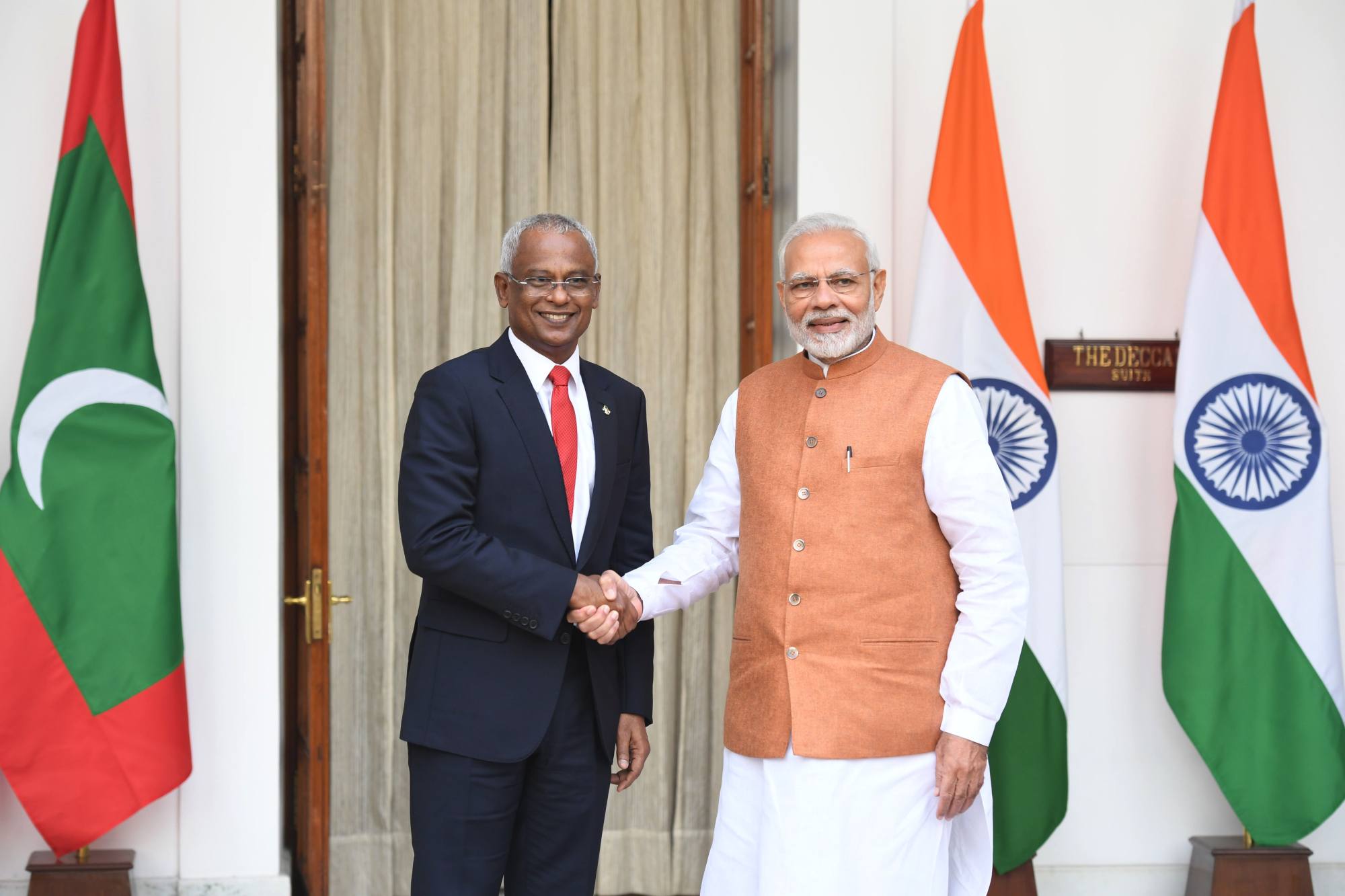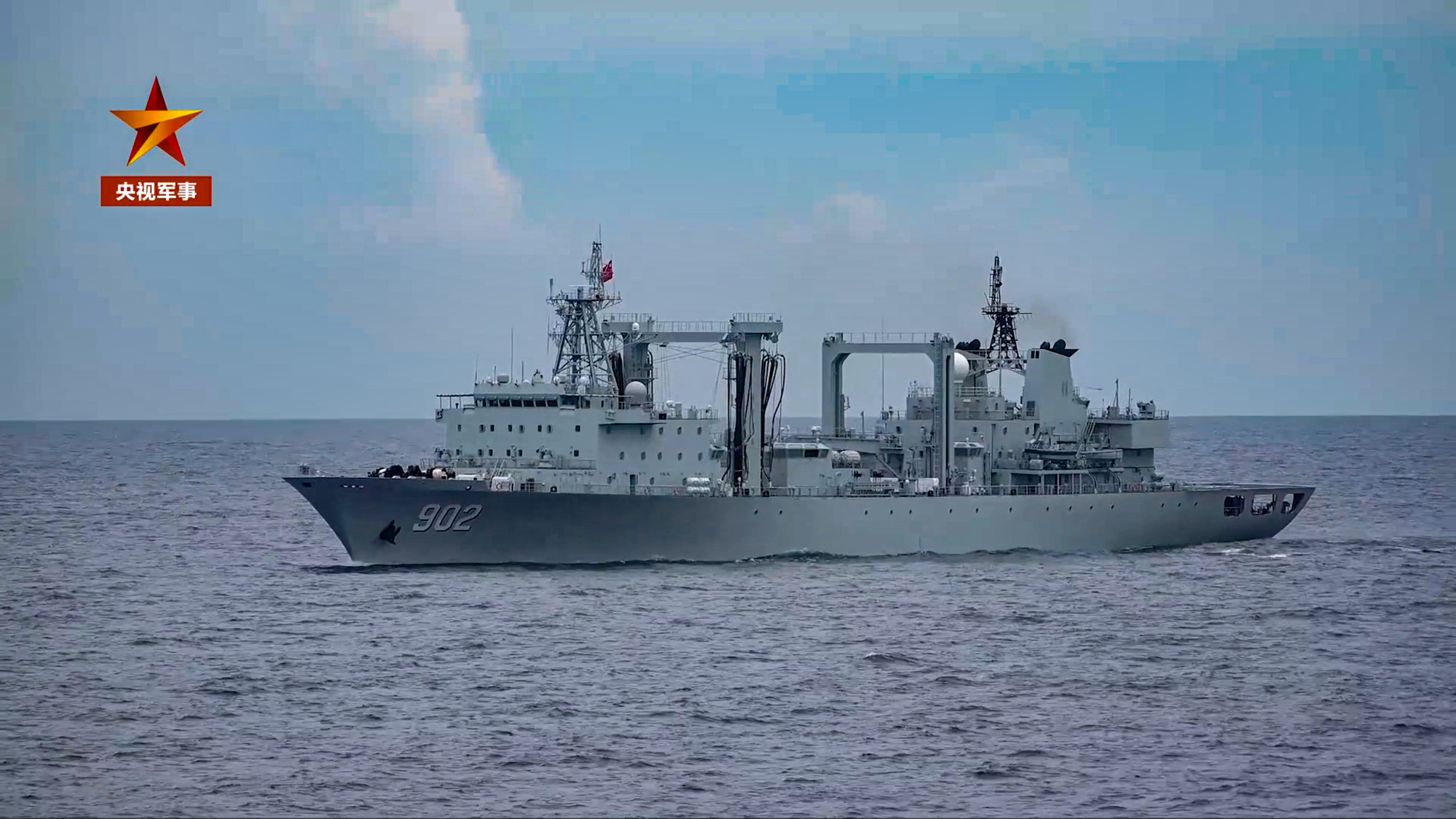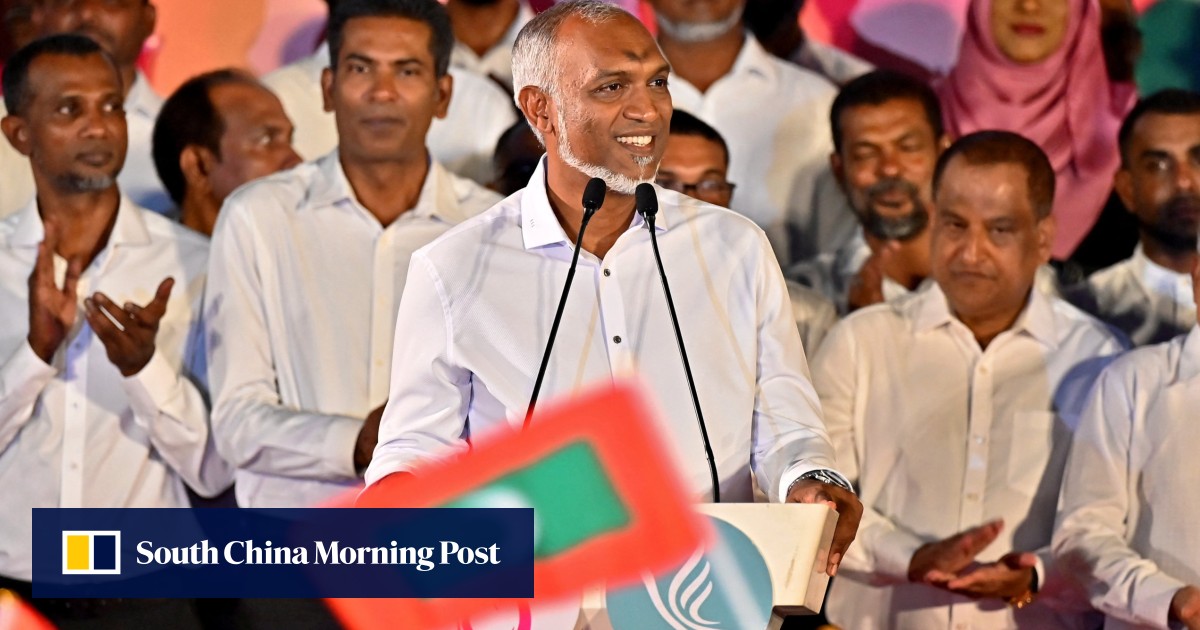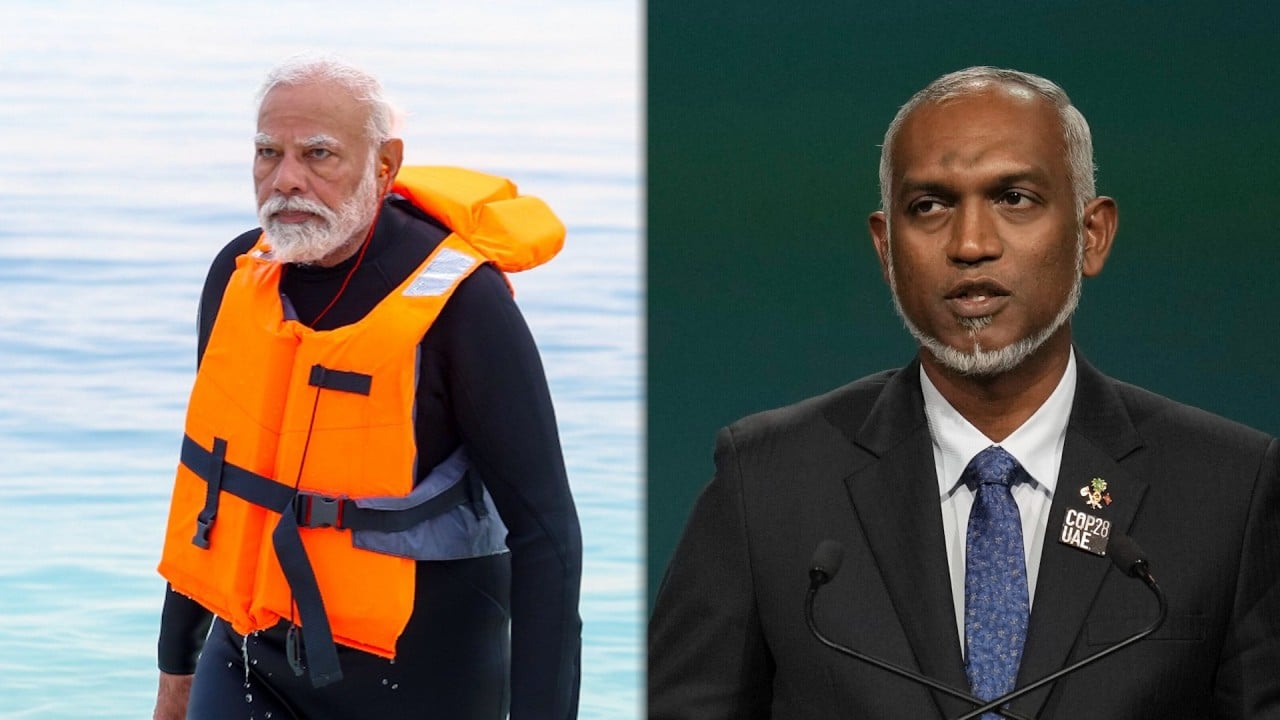“There will be nothing to block him on whatever policy initiative he wants to take because the opposition has been badly defeated,” said Manoj Joshi, a distinguished fellow at the Observer Research Foundation who specialises in international politics. “However, he has signalled that he would like to keep his equation with India on an even keel. I don’t think we will see anything dramatic.”
Joshi said Muizzu’s win in parliament could usher in a further shift to pro-China policies, but said “India will probably take a restrained view of this,” as the Maldives’ geographical proximity would undoubtedly ensure the maintenance of diplomatic ties.

The Maldives is a traditional ally of India and has remained a foreign policy priority for Delhi given its strategic importance. Its more than 1,000 islands are spread across a remote stretch of the Indian Ocean that forms a vital shipping corridor, helping explain why China has been jostling for influence.
The bigger concern for India and its Western allies such as the US will be whether the Maldives’ military pact with China leads more Chinese naval vessels in the region.
“If the PLA [People’s Liberation Army] navy becomes active around the Maldives, it will have security implications. We don’t know how all this will play out,” Joshi said, referring to China’s navy.
The Indian Ocean nation drifted closer to Beijing under Abdulla Yameen, president of the Maldives from 2013-18 and half-brother of Maumoon Abdul Gayoom, whose 30-year rule that ended in 2008 has been characterised as autocratic or authoritarian.
Harsh Pant, an international-relations professor at King’s College London, said there was a danger that Muizzu could be emboldened to step up his adversarial posturing by his party’s victory at the polls.
“The ball is in Muizzu’s court. If he continues with an anti-India posture, then there will be a stalling of ties,” Pant said. “There’s a danger that people-to-people ties that have been strong may get affected.”
We are too small as a nation to be one-sided
Though the decline in Indian tourist numbers is unlikely to be permanent, Pant said Muizzu “has to balance ties with India and China at the end of the day. So a lot depends on him now and how he moves forward.”
Ahmed Adeeb Abdul Ghafoor, a former vice-president of the Maldives, said he expected Muizzu’s government to tone down its anti-India rhetoric.
“India has also been very patient and whatever Muizzu has requested they have acceded to, including the withdrawal of troops. The president should focus on internal governance,” he said, pointing to the Maldives’ debt pile that the World Bank estimates to be hovering around 115 per cent of gross domestic product.
Though the details of the military assistance pact with China had not been made public, Ahmed Adeeb said “we are too small as a nation to be one-sided”.
India to open ‘strategically important’ navy base near China-friendly Maldives
India to open ‘strategically important’ navy base near China-friendly Maldives
“Maldives is in a strategic location. We have to find a balance,” he said.
Einar Tangen, a long-time political commentator and senior fellow at the Taihe Institute think tank in Beijing, said concerns about the Maldives becoming a China-India flash point were exaggerated.
“India is concerned about regional influence, especially due to issues with the Maldives, which just gave a super majority to a party that wants better relations with China and [has] asked Indian troops to leave,” he said. “China wants political and economic relationships but based on trade, not ideology.”

But “this will not necessarily stop the perception of regional players like Australia, United States and India,” Tangen said.
“Muizzu’s party was expected to win, but not by this margin of victory. Certainly, India’s pro-Israel stance may have had an effect,” Joshi said, adding that Delhi’s best course of action would be to patiently nurture better ties with its smaller neighbour.


